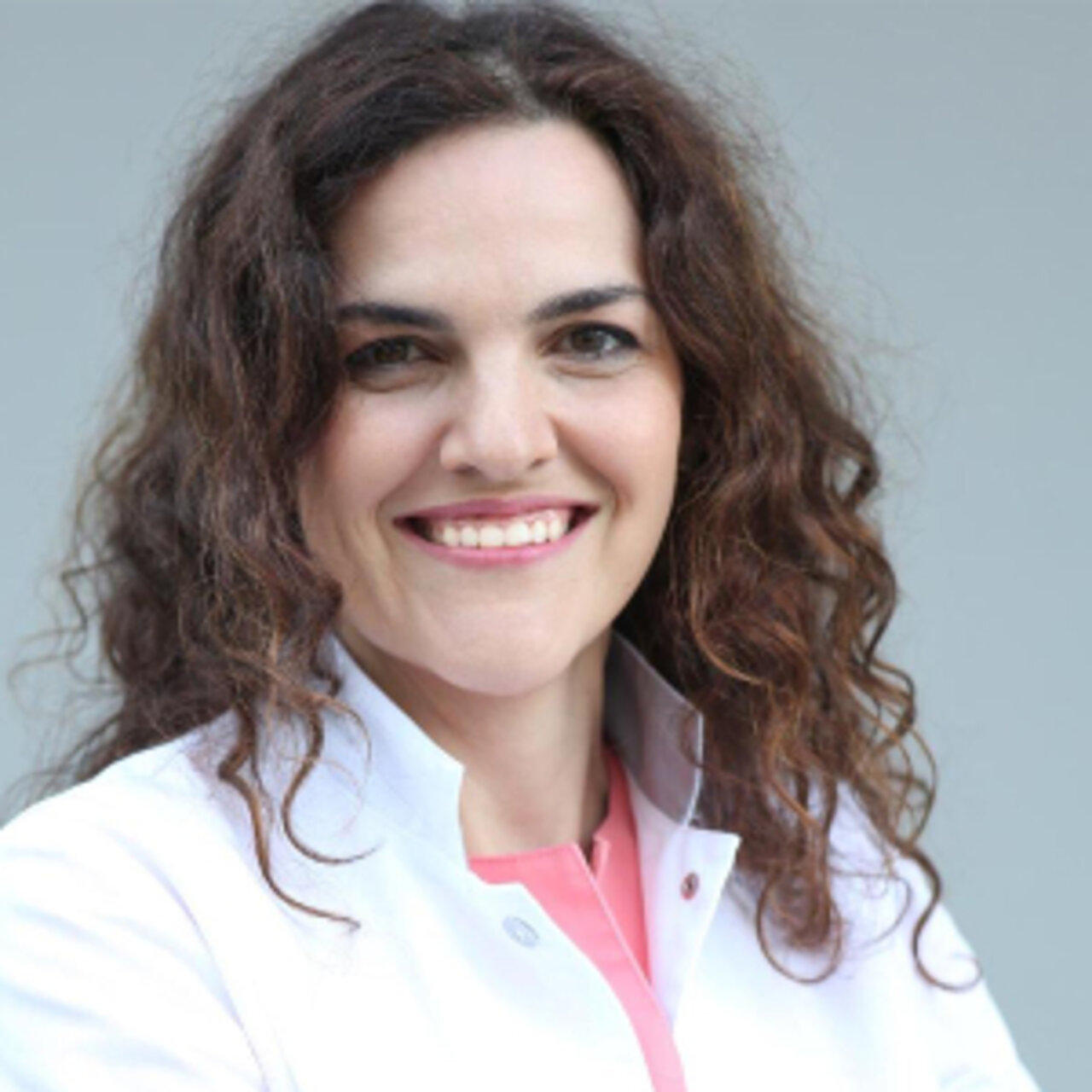Specialists in Prenatal Diagnostics
1 Specialist found
Information About the Field of Prenatal Diagnostics
Definition: What Are Prenatal Diagnostics?
Prenatal diagnostics include examinations of pregnant women and means "diagnostics before giving birth." These examinations aim to specifically look for malformations or disorders in the unborn child.
What Methods and Options Are Available?
In prenatal diagnostics, a distinction is made between invasive and non-invasive methods. The former are examinations that involve intervention in the mother's body, while the latter are forms of examination that do not interfere with the body. However, invasive procedures are associated with an increased risk of losing the baby through miscarriage.
Non-invasive methods include:
- The nuchal translucency test ("nuchal fold ultrasound")
- The high-resolution ultrasound (fine diagnosis)
- The first-trimester blood test
- The second trimester blood test
- The genetic blood tests for chromosomal abnormalities such as trisomy 21 (Down syndrome) ("NIPT")
Invasive procedures include
- Chorionic villus sampling (placenta puncture)
- Amniocentesis
- The umbilical cord puncture (cordocentesis)
When Do Prenatal Diagnostics Start?
After about 12 weeks of pregnancy, the unborn child in the womb has developed to such an extent that significant abnormalities or malformations can already be detected. Tests that can be performed at this point in the child's development are:
- Nuchal translucency measurement: 11th-14th week.
- Down syndrome test from maternal blood: 10th week
- Chorionic villus sampling: 11th week
- Measurement of beta-HCG
- Measurement of PAPP-A
- Ultrasound imaging of the fetal nasal bone
- Doppler sonography of the fetal tricuspid flow
Pros and Cons of Prenatal Medicine
Prenatal diagnostics offers the possibility of detecting genetic defects in the child, e.g., Down's syndrome or Turner's syndrome, already during pregnancy and thus preparing for an optimal birth by, e.g., planning a C-section. It can also select a maternity clinic with an attached neonatal intensive care unit. Some couples also decide to terminate the pregnancy (abortion) with the knowledge of the health condition of their unborn child. Expectant parents should seek advice on what such a discovery may mean before prenatal diagnostics. A disease can put parents under a great deal of psychological strain and make them feel very insecure.
On the other hand, couples with risk factors can also be reassured by such an examination if no abnormalities are found. However, this does not 100% exclude the disease of the unborn child. In addition, the relationship between intervention risk and benefit should be weighed.
Which Doctors Are Specialists in Prenatal Medicine?
Specialists in gynecology and obstetrics are specialists in prenatal medicine. They often work with human genetics specialists when complicated genetic risk factors in the parents are involved or when congenital defects are found in the unborn child.
Sources:
Goerke et al.: Klinikleitfaden Gynäkologie, Geburtshilfe. 7. Auflage. Urban & Fischer 2010, ISBN 3-437-22213-9.
Haag et al.: Gynäkologie und Urologie (2012/13). 6. Auflage. Medizinische Verlags- und Informationsdienste 2012, ISBN 3-929-85175-x.
